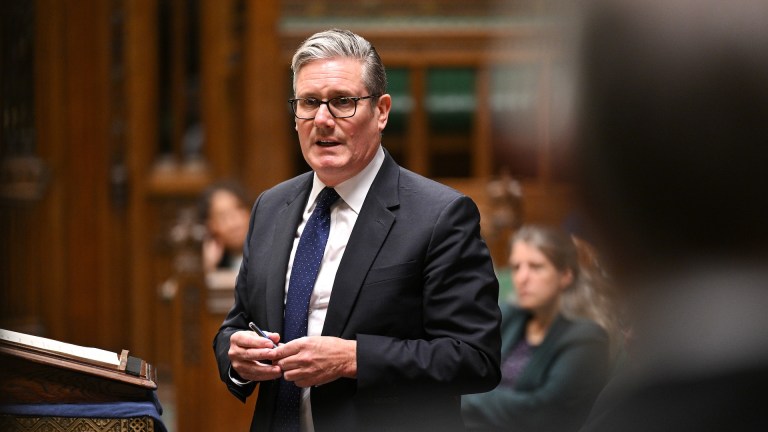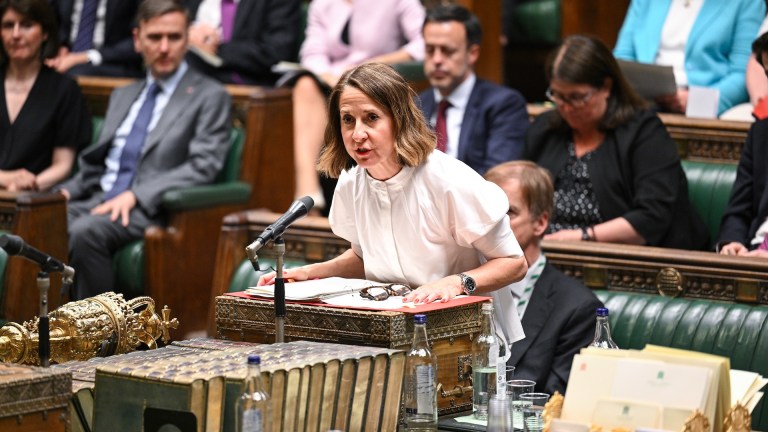“The Conservatives’ cuts to in-work benefits have come at a terrible human cost. As too has their failure to tackle insecure work and get wages rising across the economy.
“We need a government that puts working families first, not wealthy donors and hedge funds.”
London has been hit the hardest with a 68 per cent rise in child poverty among working families with the West Midlands and East England following, both having experienced a 56 per cent increase.
The figures have led to the TUC’s pleas to political parties for minimum wage to be raised to £10 an hour as well as Universal Credit to be scrapped, zero-hours contracts to meet an identical fate and beefed up union rights for workers.
Margaret Greenwood, Labour’s Shadow Work and Pensions Secretary, has pointed to her party’s plans for 30 hours of free childcare a week and a living wage of £10 an hour – albeit falling short of the TUC’s request – as a way to tackle the issue.
“The Conservatives and Lib Dems should hang their heads in shame for nine years of austerity which has left working families struggling to feed their children, as shown by these new shocking figures,” said Greenwood.
Advertising helps fund Big Issue’s mission to end poverty
“How we care for and protect our children is a mark of a civilised society. The TUC’s figures show just how badly Conservative and Lib Dem coalition governments have failed them.”
Meanwhile, IPPR has claimed that Universal Credit has been the driving force behind taking benefits to a historically low level.
The think tank’s new report stresses that unemployment benefits introduced in 1948 were at the rate of 20 per cent of average weekly earnings while Universal Credit’s standard allowance payments have fallen to just 12.5 per cent.
Add in debt deductions, sanctions, underpayments and population growth and benefits are acting like a “tightrope over poverty”, says the think tank.
While the benefits freeze is set to end in April, the report calls on political parties to end the ‘security deficit’ by investing £8.4 billion emergency funding package into the benefit system every year over the next parliament.
Advertising helps fund Big Issue’s mission to end poverty
“Social security should offer a safety net, not a tightrope over poverty,” said Clare McNeil, IPPR Associate Director and lead author of the report.
“We call on political parties to commit to reversing the impact of the benefits freeze and allowing those in-work to keep more of their earnings. We argue that we need the first ever measure of ‘adequacy’ for social security payments so that no future government can so easily hold our social security system to ransom.”
As for the DWP, they responded by claiming that they are spending “more than £95bn each year on working age benefits” as well as insisting that “Universal Credit is supporting more than 2.5 million people across the UK”.










